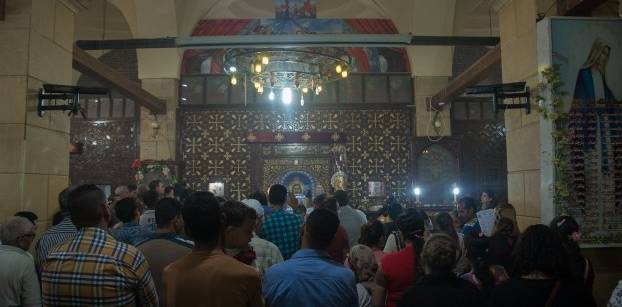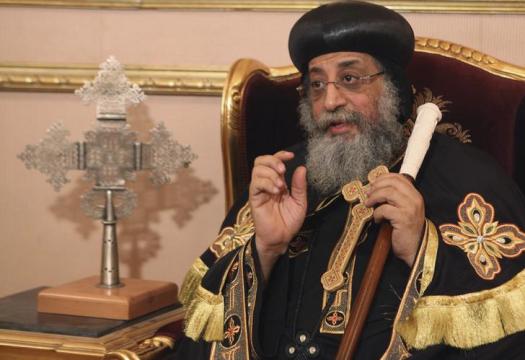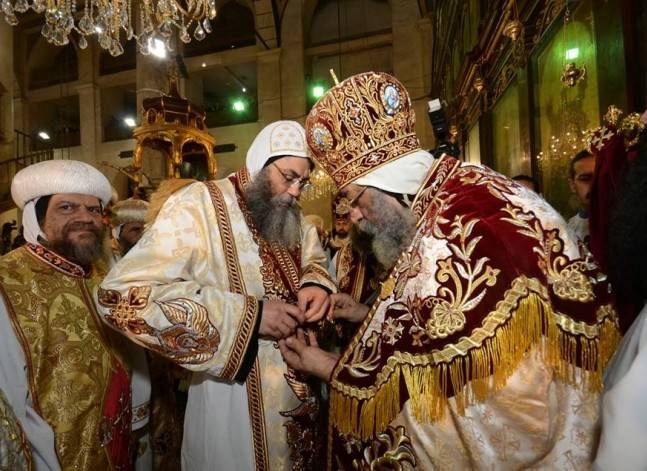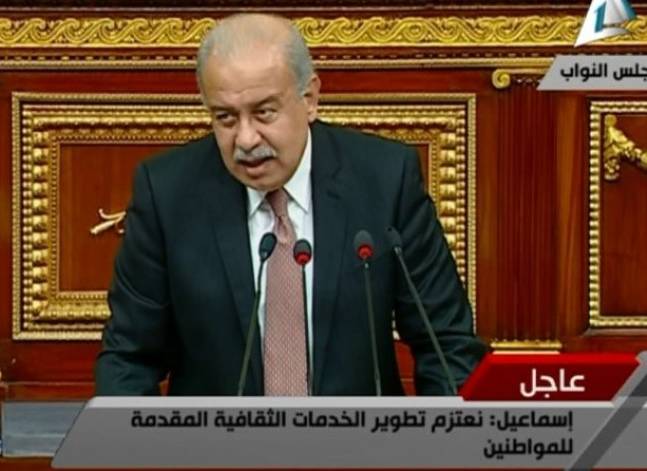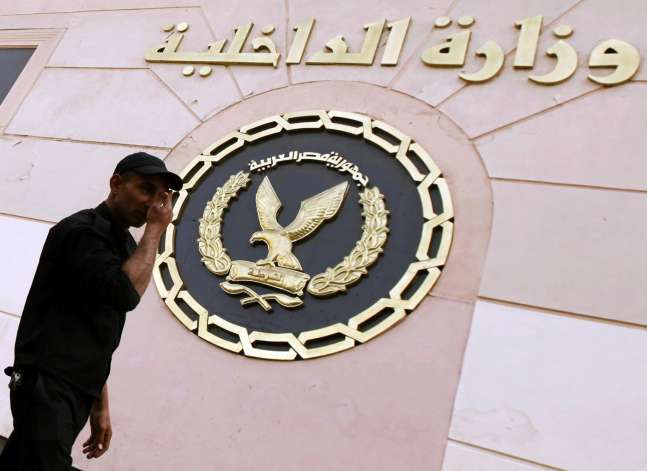Latest NEWS
- Aswat Masriya, the last word
- Roundup of Egypt's press headlines on March 15, 2017
- Roundup of Egypt's press headlines on March 14, 2017
- Former Egyptian President Hosni Mubarak to be released: lawyer
- Roundup of Egypt's press headlines on March 13, 2017
- Egypt's capital set to grow by half a million in 2017
- Egypt's wheat reserves to double with start of harvest -supply min
- Roundup of Egypt's press headlines on March 12, 2017
Orthodox church, govt reach agreement on Church-building law
Coptic Christians celebrate the birth of the Virgin Mary at a church in Musturud, Eastern Cairo. August 21, 2016 (ASWAT MASRIYA/Jihad Abaza)
CAIRO, Aug. 25 (Aswat Masriya) - The Coptic Orthodox Church said on Wednesday that they have reached an agreement with the government on the articulation of the church building and renovation draft law.
The church stated that the phrasing of the draft law was agreed upon through discussion between the representatives of the church and state officials, including President Abdel Fattah al-Sisi and Prime Minister Sherief Ismail.
The spokesperson of the Orthodox Church refused to elaborate on the content of the agreed upon draft.
Spokespersons of the Evangelical Church and the Catholic Church told Aswat Masriya that they approve of the Orthodox Church's decision.
The bill has yet to be reviewed by the Council of Ministers and the parliament.
Prime Minister Sherif Ismail said on Tuesday that the government is keen to fully cooperate with the Coptic Orthodox Church in releasing a draft law to organise the building of churches.
Meanwhile, the parliament is waiting to review the draft law after it passes through the State Council and the cabinet as per the provisions of the Egyptian constitution.
Egypt's 2014 constitution states: "In its first legislative term following the effective date of this Constitution, the House of Representatives shall issue a law to regulate constructing and renovating churches, in a manner that guarantees the freedom to practice religious rituals for Christians."
Egypt's Coptic Orthodox Church said last Thursday that they were disappointed after its representatives attended a meeting with governmental officials to discuss the draft bill.
"The Church was surprised to find unacceptable alterations and impractical additions and it announced that they will pose a danger to Egyptian national unity because of the complications and obstacles that [the law] contains," the Church wrote in an official statement.
Critics of the new bill argue that the authorisation to build churches will remain in the hands of the executive branch, represented in governors, who would have absolute authority in granting licenses for the construction and renovation of churches.
Ishak Ibrahim, a researcher specialized in minority rights at the Egyptian Initiative for Personal Rights (EIPR), previously told Aswat Masriya that the phrasing of the law was "loose and unspecified."
For example, the fifth article of the bill stated that the "governor makes the decision after coordinating with the concerned authorities," but does not specify who the "concerned authorities" are, Ibrahim explained.
According to Ibrahim, this vagueness "hinders the implementation [of church building and renovation] and allows for the intervention of unknown administrative bodies."
The criticism surrounding article 5 stems from sensing an implicit intervention by security agencies under the notion of "concerned authorities" in granting construction and renovation permits.
YOUTH IN RESISTANCE
Following the Orthodox Church's announcement that an agreement with the government has been reached, young Christians began an initiative to collect signatures in opposition to the draft law.
A member of the campaign and rights activist, Ramy Kamel, said that the petition aims to raise awareness about the "dangers" of the draft law as it "outwardly defies the values of citizenship stated in the constitution."
"Church leaders have their own calculations, they do not listen to Christians," Kamel said.
He added that the draft law contains several shortfalls, including article 6 which tackles land ownership and delegates the process of church-building and renovation to the construction law 119/ 2008. This is despite the fact that most land in Upper Egypt is unregistered and properties are built on it randomly, Kamel said.
Article 1 of the draft law was also criticised for including "illogical conditions" for the construction of churches, according to Kamel. The article dictates several aspects of the church's design that should be under the discretion of the church itself and depending on which sect it belongs to, he argued.
More than 300 signatures were collected so far in opposition to the draft law.
A statement released by the initiative viewed the draft law as a reproduction of the crisis and a violation of international and UN treaties, to which Egypt is a signatory.

